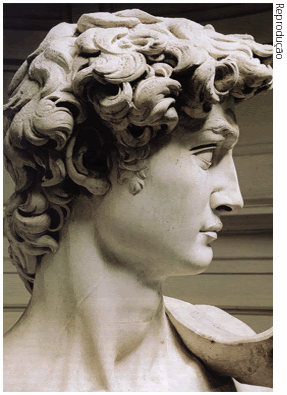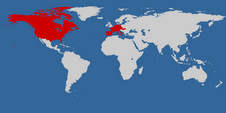
Ironbound/Fancy Poultry
In the ironbound section near Avenue L
where the Portuguese women come to see what you sell
the clouds so low the morning so slow
as the wires cut through the sky.
The beams and bridges cut the light on the ground
into little triangles and the rails run round
through the rust and the heat
the light and sweet coffee color of her skin.
Bound up in wire and fate
watching her walk him up to the gate
in front of the ironbound school yard.
Kids will grow like weeds on a fence
She says they look for the light they try to make sense.
They come up through the cracks
Like grass on the tracks
She touches him goodbye.
Steps off the curb and into the street
the blood and feathers near her feet
into the ironbound market.
In the ironbound section near Avenue L
where the Portuguese women come to see what you sell
the clouds so low the morning so slow
as the wires cut through the sky.
She stops at the stall
fingers the ring
opens her purse
feels a longing
away from the ironbound border.
"Fancy poultry parts sold here.
Breasts and thighs and hearts.
Backs are cheap and wings are nearly free.
Nearly free."
«In addition to "Luka", Solitude Standing featured gems such as "Ironbound/Fancy Poultry," "Language," "Gypsy," "Solitude Standing," and the peerless "Wooden Horse," which Rolling Stone called "one of Vega’s most chilling songs."
Symbolic of the success of Solitude Standing, and Suzanne Vega’s growing reputation, was her triumphant return to New York City, to play at Carnegie Hall in July of 1987, and at Radio City Music Hall in October.»
In the late 80s it did amaze me to find out an American woman living in New York City who would tell us about the urban daily life through rather melodic songs. It was Suzanne Vega. (Click here and visit her official site!)
"Solitude Standing" (1987) is her first album, and it struck me quite positively as I listened to a text song depicting Portuguese female ways of selling in a street market. I guess I never thought something like that would ever be possible. Those last four lines, though in English, sound just like what we're long used to hear around here in those very same street markets. Culture was then beginning to grow global.
RIC
segunda-feira, 11 de dezembro de 2006
Suzanne Vega and the Portuguese women…
Subscrever:
Enviar feedback (Atom)




















6 comentários:
Beautiful imagry.
Thank you very much, Will!
Even if I didn't know to what extebt what she was singing was real, I've always loved her music because to me it's just so alive, so human.
Antes de ir até à lareira acompanhada de um livro e uma chávena de café quentinho, uma «fuga» até aqui para desejar-te uma excelente semana.
Beijinhos :-)
Hello Joel! Just like me! Almost 20 years ago I wasn't so attentive as I am today. Of course I loved her music, like Tracy Chapman's. But I remember I was quite surprised when I heard her sing about some Portuguese women. I found it so strange...
Until this day I'm still loving her music...
Thank you very much!
Have a nice week!
Boa noite, Carla! Excelente ideia: leitura ao borralho! E café, claro! Um daqueles pequenos prazeres que ajudam a vida a brilhar como as brasa da lareira...
E música? Ou será demais? Há quem não aprecie, mas eu gosto muito...
É favor teres uma semana em cheio!
Beijinhos! :-)
Enviar um comentário